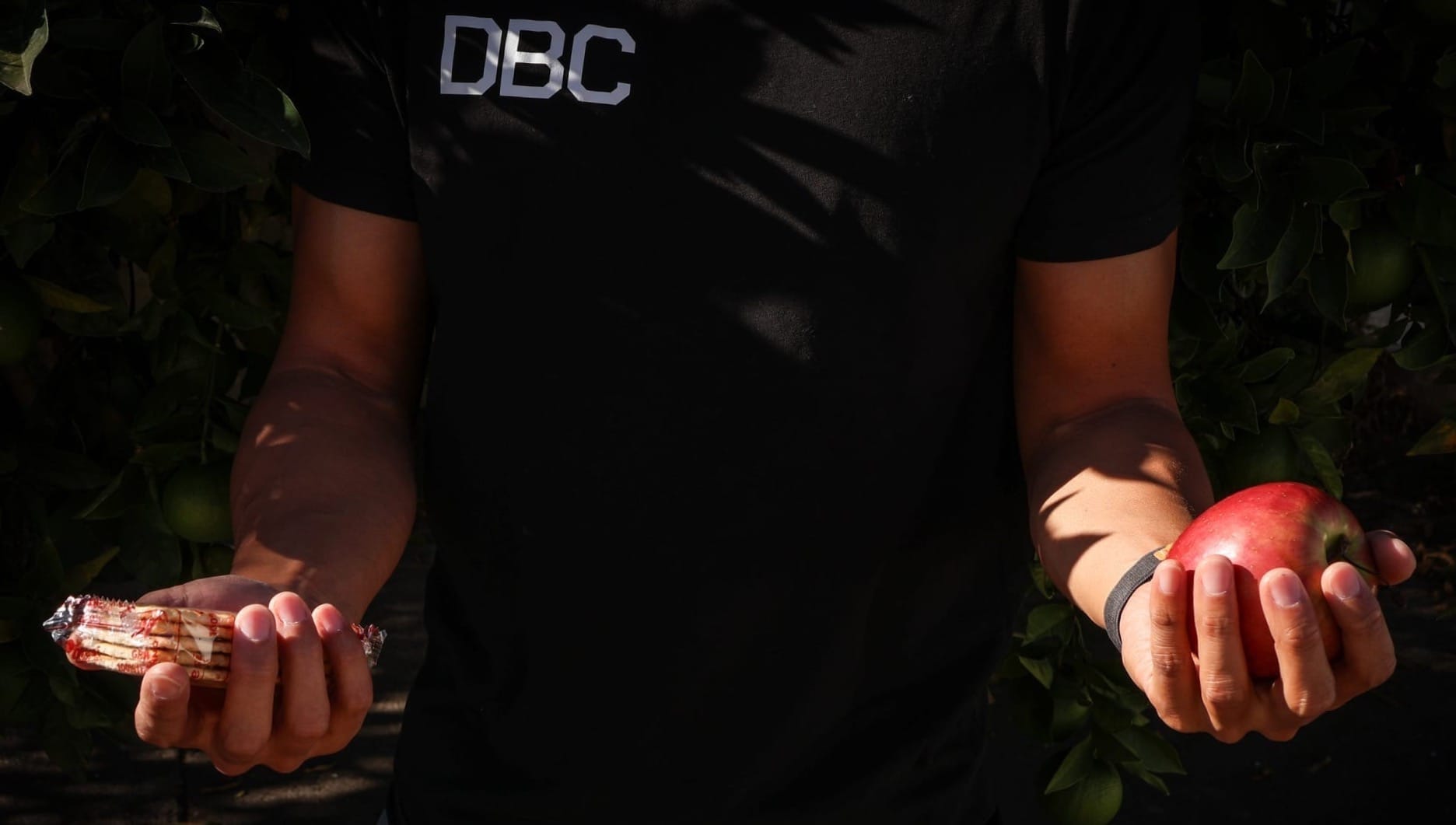How To Stop Snacking All The Time

Do you find yourself constantly reaching for snacks during the day? - and then end up feeling disappointed with yourself?
Snacking is usually associated with unhealthy choices like chocolates, sweets, biscuits, etc. And so, a lot of people, especially when trying to reduce fat, think it’s best to cut out snacks altogether.
This works against them.
Snacks (small meals - not chocolate) are an important opportunity to add nutrients to your diet, improve your energy levels throughout the day, and feel more in control around food - by balancing your hormones and reducing cravings of food binges.
Nonetheless, a consistent need to snack may be a result of poor dietary and food choices because:
- You’re skipping breakfast
- You’re not eating enough throughout the day
- You’re not eating balanced meals with all the nutrients that your body requires
- Your snacks are too small and unbalanced
- Your relationship with food needs some work
We’ve created a list of simple hacks that are guaranteed to help you feel satiated, boost energy levels to fuel your work and exercise and make better choices when you need to grab something on the go.
Prioritize protein in your meals
Protein is the most satiating nutrient, helping you feel full for longer. It helps slow down the absorption of sugar into your blood and prevents its peaks after you eat. This will make you feel more energized and satisfied throughout your day.
To experience all the benefits from this hack, make sure to include protein sources in most meals. This includes fish, meat, eggs, dairy, tofu, whey protein and others.
Boiled eggs and whey protein are the most convenient to consume.
Eat proper and regular meals
As we’ve seen before, the need for snacking often comes from not eating enough throughout the day. Eating every 3 to 4 hours will help you feel full and keep hunger cues at bay, avoiding later cravings. Think about it - it’s rare to feel hungry after you’ve just eaten!
Picking the right meals and snacks will help enhance the benefits of eating regularly. Make sure you include lean proteins (chicken, fish, dairy, whey…), healthy fats (salmon, avocado, seeds…), wholemeal carbs (rice, oats, quinoa…) and fiber (whole grains, vegetables, beans, fruit…) in most meals and snacks. The latter will also help stabilize your blood sugar levels and make you feel fuller after a meal, ultimately reducing your cravings.
To make it easier, we’ve written an article with 10 healthy snacks for when on the go - make sure to check it out for inspiration!
Invest on the quality of your sleep
A poor night of sleep is normally associated with increased cravings the next day (especially for poor quality food, like sweets, as our body seeks to get energy from sugar - the easiest way to get it), since our hunger regulation hormones (ghrelin and leptin) are affected by our sleep patterns.
Leptin (the “fullness” hormone) lets us know we’re feeling satisfied and full, while Ghrelin (the “hunger” hormone) does exactly the opposite, letting us know when we feel hungry. When we don’t rest correctly,Ghrelin goes up and Leptin goes down – making you hungrier and less satisfied.
Our rested brains also work better when it comes to making good food decisions.
Practice mindful eating
Snacking is often related to activities that occupy our brains, like watching TV, playing a game and scrolling on Instagram. When our brains are entertained, snacking becomes increasingly impulsive and subconscious, leading to eating higher quantities of food in a small time, without feeling satisfied.
Treat snacks like other meals and put a little bit of focus back into your food. Slow down and make sure your attention is mainly on your food - you’ll notice how much easier it is to be aware of hunger and fullness symptoms.
Wrapping up
Snacking right is going to help your diet by providing you with the nutrients that you need, regulate your hunger cravings and maintain your energy levels, helping you perform better in life overall.
Pick one of these tips and implement it into your plan - let us know the impact that it had on you. If you would like the help from our certified team to enhance your nutritional plan and achieve your goals once and for all, let’s speak!



